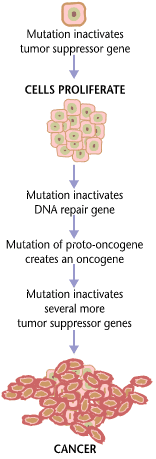Viagra Use Linked to Melanoma Skin Cancer Invasiveness
A study released in June of 2014 shows an 84% increased risk of melanoma linked to use of the popular erectile dysfunction drug Viagra (which is also known as sildenafil). The study looks at data compiled from 25,848 men who participated in the Health Professional’s Follow-Up Study at Harvard’s School of Public Health. The data was gathered in 2000 from the survey which asked about Viagra and erectile dysfunction.
The objective of the recent 2014 study was to evaluate any association between use of Viagra and the risk of melanoma amongst American men. The study was a prospective cohort study and excluded men who reported cancers when the study first began.
The researchers identified 142 incidences of melanoma, 580 incidences of squamous cell cancer, and 3,030 incidences of basal cell cancer. The researchers found no association between sildenafil use and an increased risk of squamous cell or basal cell cancer. The researchers did find, however, an 84% increase in risk of melanoma. Erectile dysfunction itself was not associated with an increased or decreased risk of melanoma.
The researchers concluded their study with a note that Viagra use may be associated with an increased risk of developing melanoma. They do not think that their research is sufficient enough to alter any clinical recommendations at this time, but do support the need for continued investigation into this possible link.
The active chemical in Viagra, sildenafil, is 
What makes this research so important is that melanoma is easily cured when caught early. At stage 0 (the earliest stage of melanoma), patients have a 99% survival rate at 5 years. At stage II B, however, this survival rate decreases to 57%. And, at stage IV (metastatic melanoma), patients only have a survival rate of about 15% – 20%. Obviously, early detective remains critical for patients with melanoma, as is the case with most cancers.
This latest study indicates, unfortunately, that Viagra may cut that early detection period down significantly. This can lead to more invasive surgeries to treat a patient’s melanoma and a decreased chance of survival in patients for whom the melanoma was not diagnosed in its earliest stages.
Share This


